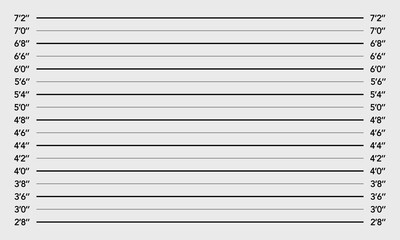Resisting arrest or eluding a police officer is a crime taken seriously in the state of New Jersey. A conviction can lead to significant consequences. Understanding the specific laws and penalties associated with resisting arrest is crucial in protecting your rights when facing charges. To learn more and obtain experienced representation during your case, reach out to a knowledgeable Mercer County criminal defense lawyer today.
What is Resisting Arrest?
Resisting arrest, or eluding an officer, is a serious crime in New Jersey and can consist of a variety of actions. Depending on the details of the situation, resisting arrest can be charged as a disorderly persons offense, fourth-degree indictable crime, third-degree indictable crime, or second-degree indictable crime.
The definition of each level of offense is as follows per N.J.S.A 2C:29-2.
- Disorderly persons offense: Purposefully preventing or attempting to prevent a law enforcement officer from effecting an arrest
- Fourth-degree: By flight, purposefully preventing or attempting to prevent a law enforcement officer from effecting an arrest
- Third-degree: Using or threatening to use physical force or violence against the law enforcement officer OR using any other means to create a substantial risk of causing physical injury to the law enforcement officer or another person OR knowingly fleeing or attempting to elude a law enforcement officer while operating a vehicle or vessel on state roads or waters when the officer signaled to stop
- Second-degree: Knowingly fleeing or attempting to elude a law enforcement officer while operating a vehicle or vessel on state roads or waters when the officer signaled to stop in a way that creates a risk of death or injury to any person
Resisting arrest charges can occur through noncompliance or the use of physical force.
What Are the Penalties for Resisting Arrest in NJ?
The penalties you incur for resisting arrest in New Jersey depend on the specific circumstances of the case and whether your resistance caused harm to the law enforcement officer or someone else.
As a disorderly persons offense, resisting arrest can result in the following penalties.
- Up to 6 months in jail
- Fines of up to $1,000
Fourth-degree crime:
- Up to 18 months in prison
- Fines of up to $10,000
Third-degree crime:
- 3 to 5 years in prison
- Fines of up to $15,000
Second-degree crime:
- 10 to 15 years in prison
- Fines of up to $150,000
Additional repercussions can be issued depending on the circumstances of the offense including a license suspension, community service, counseling, probation, and more.
Because the potential penalties associated with resisting arrest can be so severe, it is imperative that you consult with an experienced criminal defense lawyer for skilled assistance during your case. To learn more about your rights and possible defenses, contact an attorney at the Law Office of Douglas Herring today.




